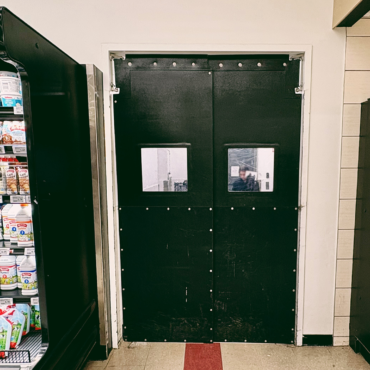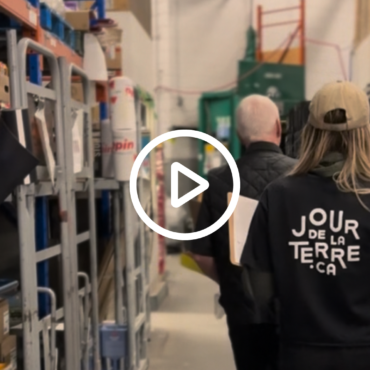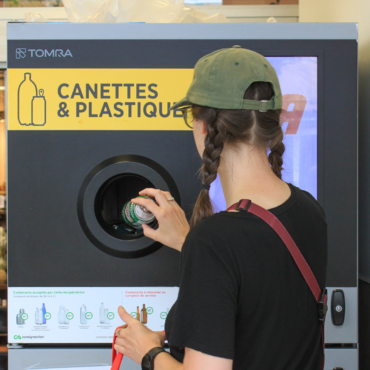Blog & News
Reduction
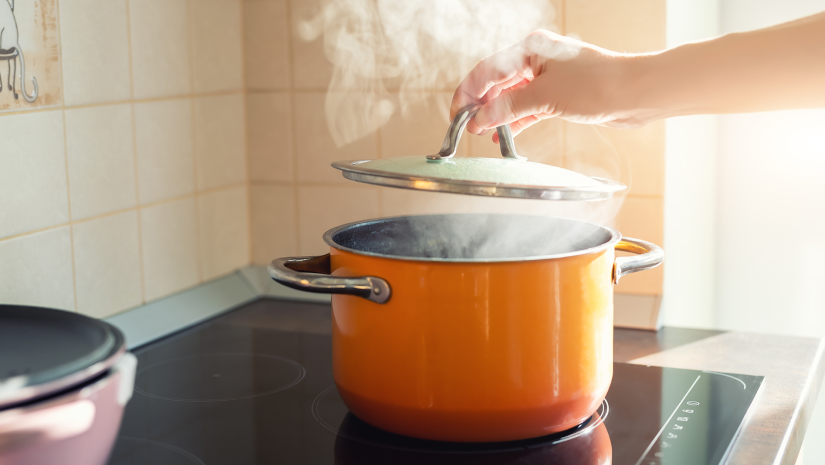
We all know that some of the best ways to generally reduce your personal carbon footprint in the kitchen is to adopt a more plant-based diet, eat seasonally and locally, and reduce our waste as much as possible. These are all great steps towards an eco-friendly lifestyle, but how about thinking less about what we eat, and more about how we prepare our meals?
Being conscious about how we cook can result in massive carbon savings. When it comes to the food we consume, the cooking process itself is actually one of the biggest contributors to a meal’s carbon footprint. In an energy-rich country, most of us have never really had to consider optimising our energy use (other than perhaps trying to keep our bills low). While turning the lights off and not leaving the oven on certainly make a huge difference, there are lots of other cooking habits we can introduce.
Here are five easy changes you can make to reduce your carbon footprint in the kitchen!
1. Chop your veggies into smaller pieces. This helps them to cook faster and therefore require less time on the stove top.
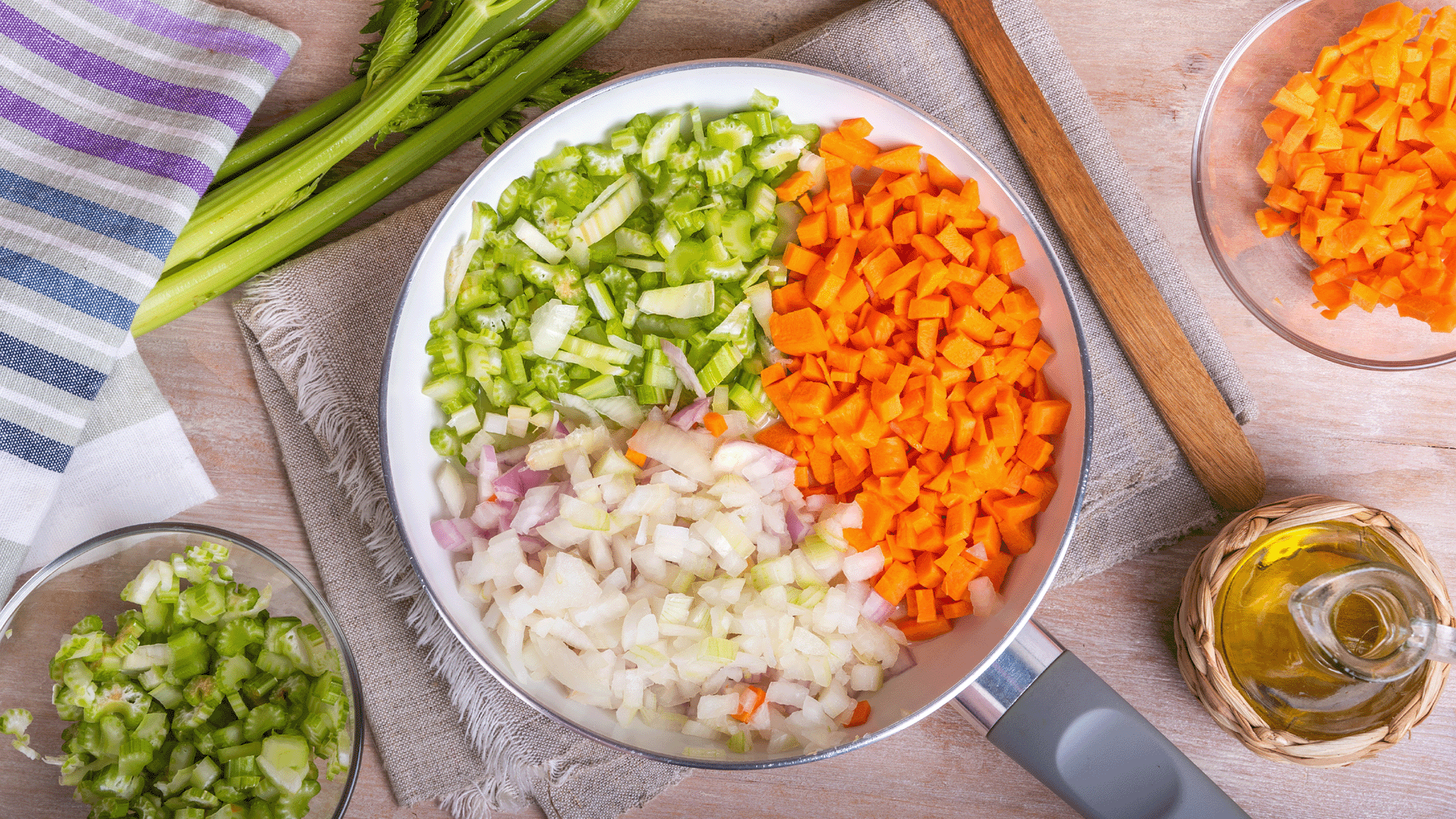
2. Boil the water gently. The temperature of the water is the same whether you’re cooking at a full boil or a gentle simmer, which means the cooking time is also exactly the same. Pop the lid on and turn the heat down; as long as there are bubbles, your meal will take the same amount of time to prepare.
3. Always use a lid. No matter what you’re cooking, using a lid on your pot speeds up cooking time and stops energy wastage. Up to 20% of the energy used can be wasted if you don’t use a lid.
4. Boil only the water you need. Whether it’s just for a cup of tea or to boil your in-season potatoes, fill the kettle (or pan) with only the water you need. An easy way to measure is to simply use your favourite mug to fill the kettle, then you’re guaranteed to have the right amount!
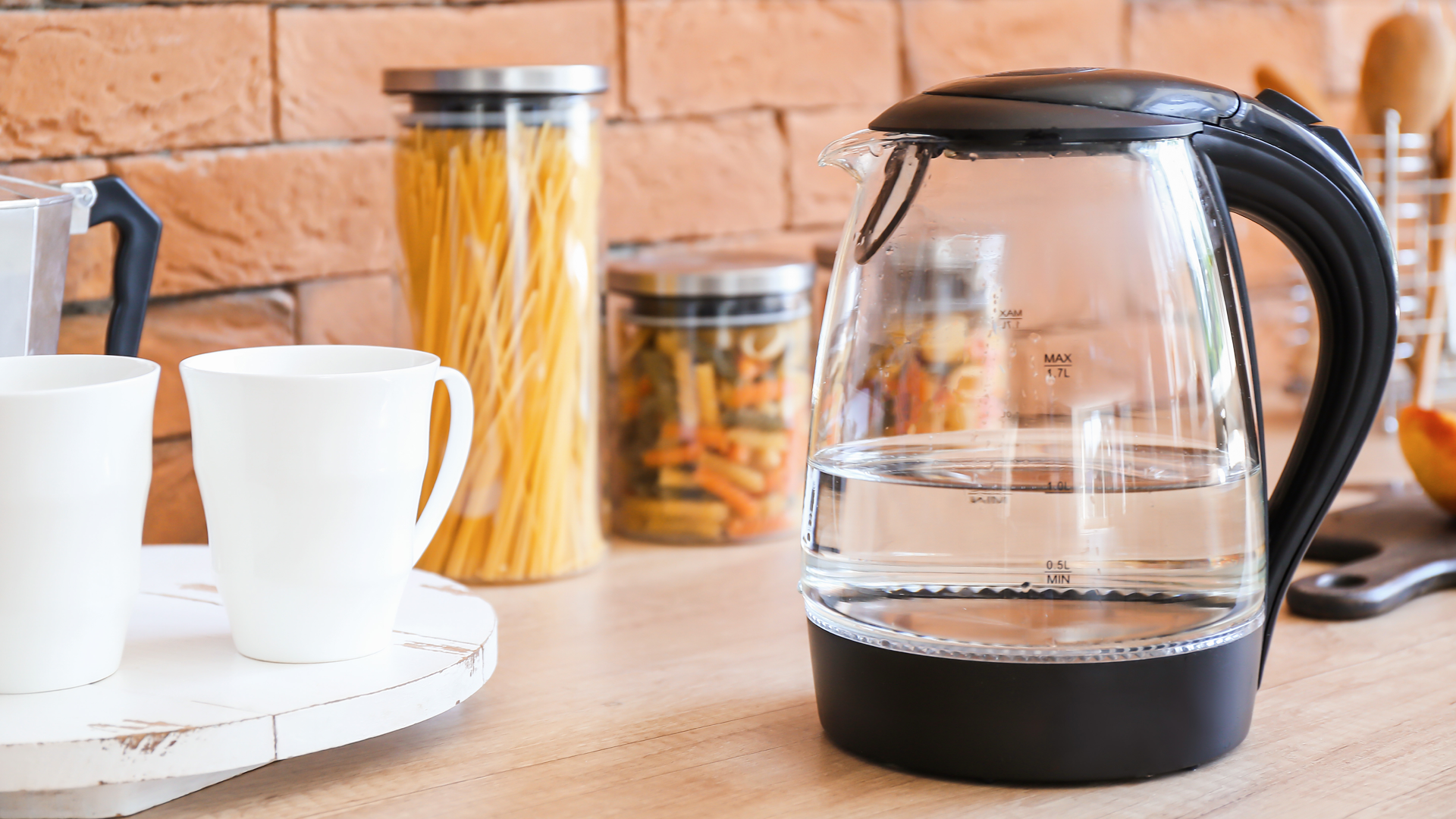
5. Use the right size gas ring/stove top for your pan. Using a pan that is far smaller than the size of the gas ring can lead to another 20% waste of heat out the sides. Another option is to use an induction stove, which can work to minimise the heat wasted from your stove top.
These kitchen habits may seem like they won’t make much difference, but we’ll each prepare a lot of meals in our lifetimes. Being a bit more conscious about how we cook therefore has the potential to make a huge difference to your personal carbon footprint (and potentially to your energy bill!)

Development Officer
Phoebe Landers
Phoebe’s love of the outdoors quickly led to a desire to protect her favorite playgrounds. With a background in environmental and developmental policy, she believes the most important step is to make climate science accessible to everyone, to protect the communities and habitats most at risk. Originally from the UK, she moved to Canada for the mountains, and you can find her ski touring in the winter and hiking as soon as the snow melts.
View all posts...Related posts :
Contact us
Earth Day Canada
5818, boulevard Saint-Laurent
Montréal (Québec) H2T 1T3 Canada
Phone : (514) 728-0116
Toll free : 1 800 424-8758
Fax : (514) 303-0248
Email: hello@earthday.ca
2026 © Earth Day Canada. All rights reserved.
Privacy policy · Terms of use · Trademark

